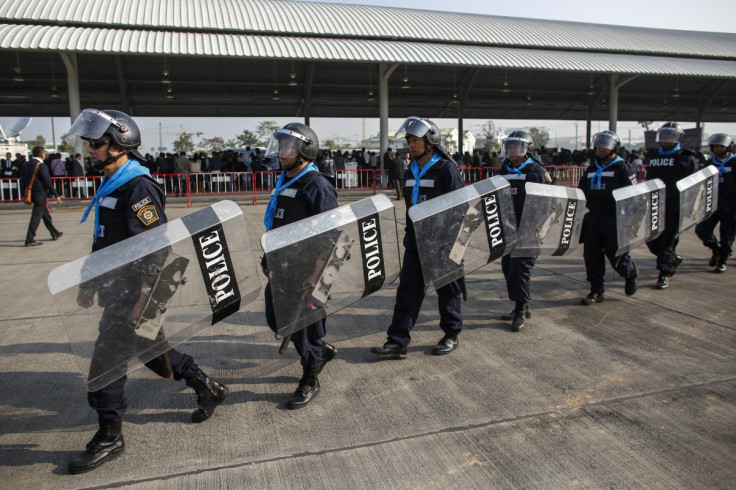Thai Army Chief to Consider 'Coup' against Yingluck if Situation Worsens

Thailand's military chief General Prayuth Chan-ocha has said the army will consider a coup to uproot the interim administration led by Prime Minister Yingluck Shinawatra if the situation worsens further.
For the first time since the two-month long unrest, the army chief has officially not ruled out the possibility of a coup.
"The military does not shut or open the door to a coup, but a decision depends on the situation," said Prayuth during a press conference at the army headquarters.
Thailand has been grappling with serious anti-government protests recently forcing the country's premier to dissolve parliament and call for fresh elections in February 2014.
The anti-government protests in Thailand were originally set off by a controversial amnesty bill which might have allowed Yingluck's brother and former leader Thaksin Shinawatra to return from his self-imposed exile.
Thaksin was overthrown in a military coup in 2006 and Yingluck is accused of running the government as his proxy, leading to the biggest protests in Thailand since 2010.
The powerful Thai military has staged 16 coups against the ruling administration in the past eight decades of democracy.
Expressing concern over the latest situation in the south-eastern Asian nation, Prayuth has said that the army has not decided whether to takes sides in the ongoing protests.
"The army is at a difficult crossroads. We cannot go left or right - we have shown a red light to both sides," he said.
In the rallies to topple Yingluck, a protester has been shot dead and four others have been injured after an unidentified gunmen opened fire during the demonstrations. Although the protests largely remained peaceful, violent clashes have been reported occasionally.
© Copyright IBTimes 2024. All rights reserved.






